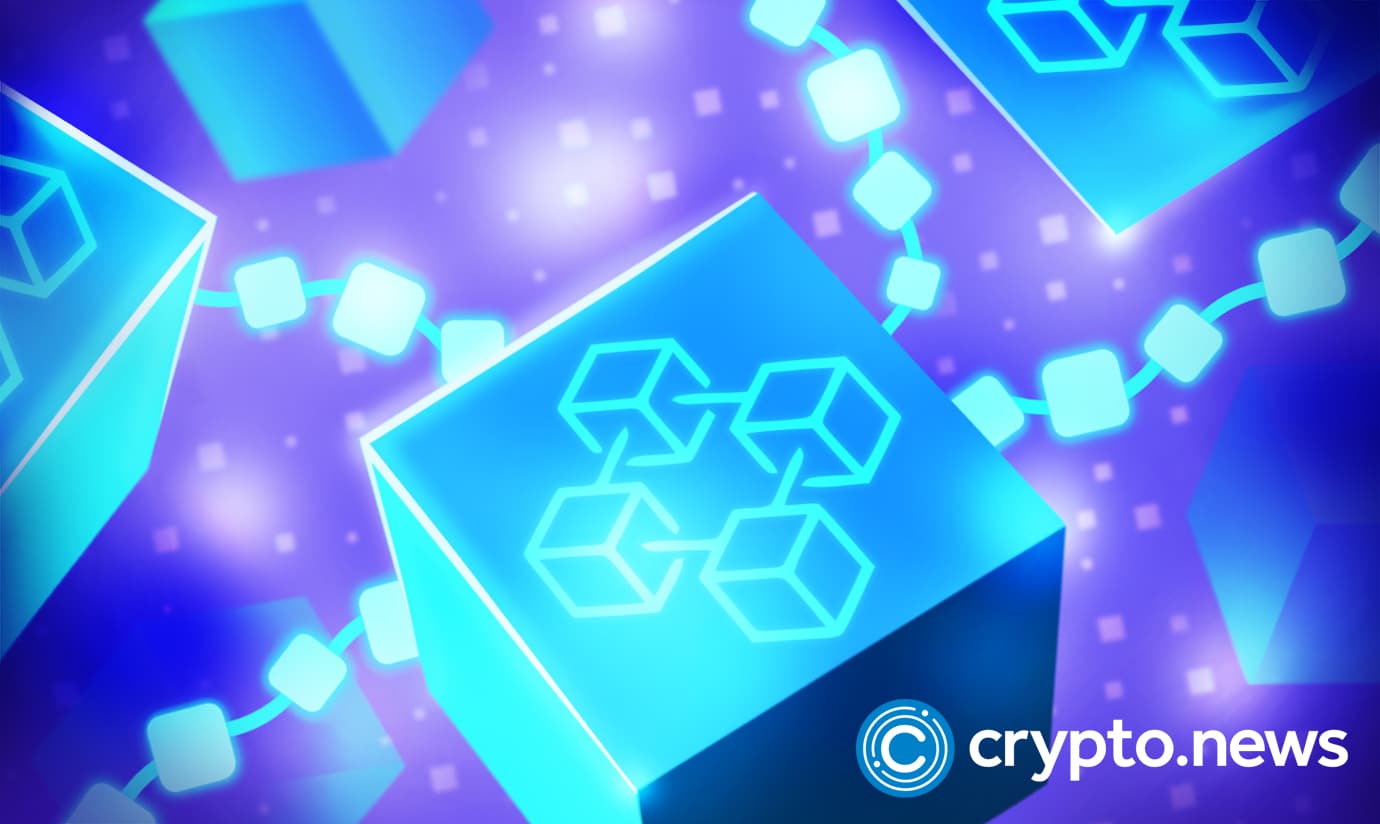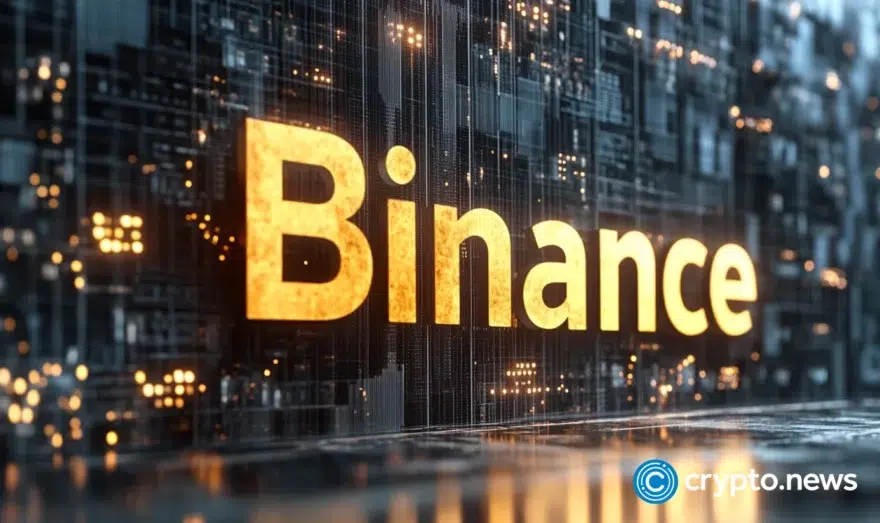This Is Why the Launch of Web 3.0 Doesn’t Guarantee the Adoption of the Blockchain

Web 3.0 and blockchain technology are two of the most buzzworthy terms of the last few years. These concepts, which seemingly fit together like a hand in a glove, have been hailed as the future of our digital lives. But what do they mean?
Blockchain
A blockchain is a public ledger of transactions maintained by a computer network. It uses cryptography to secure its records. A cryptographic hash function creates a unique digital fingerprint for each transaction. Each block contains a reference to the previous block so that it cannot be altered or deleted once a block is added to the chain.
Blockchains are secured by a peer-to-peer network of nodes that validate transactions and add them to the chain. These nodes are known as miners. Miners use their computing power to solve complex mathematical problems. They receive rewards in the form of newly created coins for doing so.
Blockchain technology is most prominently used to power digital currencies and non-fungible tokens (NFT).
Web 3.0
On the other hand, Web 3.0 refers to the next generation of the internet. In short, it means transitioning from current web technologies to new ones, such as blockchains, artificial intelligence (AI), and machine learning (ML).
The term was coined by Gavin Wood, co-founder of Ethereum, who believes that the next generation of the internet will be built using distributed ledger technologies (DLT). He says that the internet as it is now is limited because it is based on a few central servers.
Web 3.0 is expected to bring about a radical change in the way information is stored and shared across the globe. This would allow everyone to access data from anywhere at any time without relying on third parties.
The foundation of Web 3.0 is made of three fundamental ideas: decentralization, openness, and increased consumer usefulness. These three ideas also lend Web 3.0 to technologies such as blockchain, cryptocurrency, and decentralized finance (DeFi).
For this reason, it is often felt that the launch of Web 3.0 would naturally lead to more widespread adoption of the blockchain and its constituent technologies. But is it that cut and dried?
Web 3.0 Might Not Be Good for Blockchain Adoption After All
While the consensus is that the imminent launch of Web 3.0 will increase the use of blockchain, a few reasons might make the case completely opposite.
Monetization
The current iteration of the Internet, also known as Web 2.0, is backed by vast advertising revenue. It is estimated that by 2026, the global ad market could be worth about $800 billion. This mind-boggling number is the reason some of the most popular applications on Web 2.0, including Facebook, TikTok, Snapchat, Twitter, and Spotify, are mainly free.
These platforms make their money off of advertising. They harvest users’ data and sell it to marketers for top dollar. However, there is every possibility that Web 3.0 could plug this lucrative advertising pipeline. The decentralized architecture underlying Web 3.0 will not support the rapacious surveillance advertising models used by major Web 2.0 players.
This means that giant corporations making a good living from selling our personal data could very well find themselves starving in a blockchain-based environment that prioritizes privacy and data autonomy.
Money runs the world, and the inability to fully monetize Web 3.0 could lead companies to either introduce paywalls on their decentralized applications (DApps) or find a way to slow down or control the uptake of blockchain technology in the broader market.
Whichever way the companies go, they will inevitably make blockchain more expensive and less inclusive. We are already seeing some tech giants repurposing themselves as Web 3.0 gatekeepers to develop and control potential revenue streams.
Slow Pace of Progress
Decentralization, which is the foremost aspect of Web 3.0 and blockchain, requires the development of shared protocols that all parties accept. This is a lengthy procedure that typically involves consensus among competing enterprises.
Because so much Web 3.0 hardware and software is being developed based on these agreed-upon standards, it will become exceedingly difficult to alter or extend the protocols after they have been established.
At some point, developers can create plugins, patches, extensions, and even newer versions of Web 3.0 DApps; these methods are typically cumbersome and can cause fragmentation problems.
Ironically, the greater the success of a blockchain, the more nodes will be necessary to keep up with the changes, making it more difficult to make modifications. In essence, the eventual launch and success of Web 3.0 could inadvertently expose blockchain’s soft underbelly.
Inability to Store Data
Contrary to popular belief, blockchains are not suitable for storing general-purpose data. On average, a blockchain underlying a Web 3.0 application may have a daily throughput of about 300,000 blocks, and each block uses about the same amount of energy as a small apartment.
Each node on the network has to store a snapshot of the entire transaction history of the blockchain. There is no room for data sharding or streaming pipelines, so the blockchain is a very impractical way to store data.
This issue will only be exacerbated by the launch of Web 3.0. How do you make a system like this big enough to handle a huge network of data-heavy, decentralized apps?
The easiest solution is for Web 3.0 applications to continue storing their data on web servers running Apache instances. And the implication of this is that the blockchain may not be beneficial for Web 3.0 as a way to store data, so the launch of Web 3.0 won’t do much to encourage more people to use blockchain.
Final Thoughts
The concept of Web 3.0 is based on the dream of greater scalability, privacy, transparency, decentralization, data control, and direct payments without intermediaries. And while all of these may be achieved through leveraging the blockchain in Web 3.0, the technology still has severe limitations that may make its use untenable in the semantic web.
The hardware and energy costs of decentralization are pretty high, scaling is a nightmare, and there aren’t many ways to make money from people’s personal data.
So, as much as we hype Web 3.0, we need to lower our expectations regarding its impact on adopting blockchain technology.













